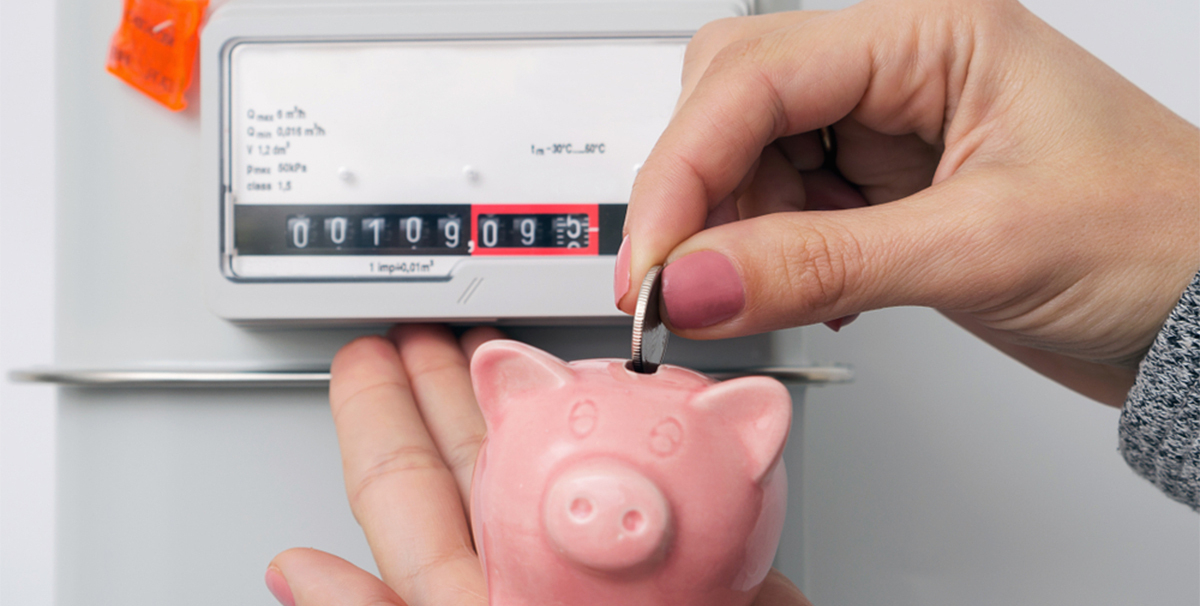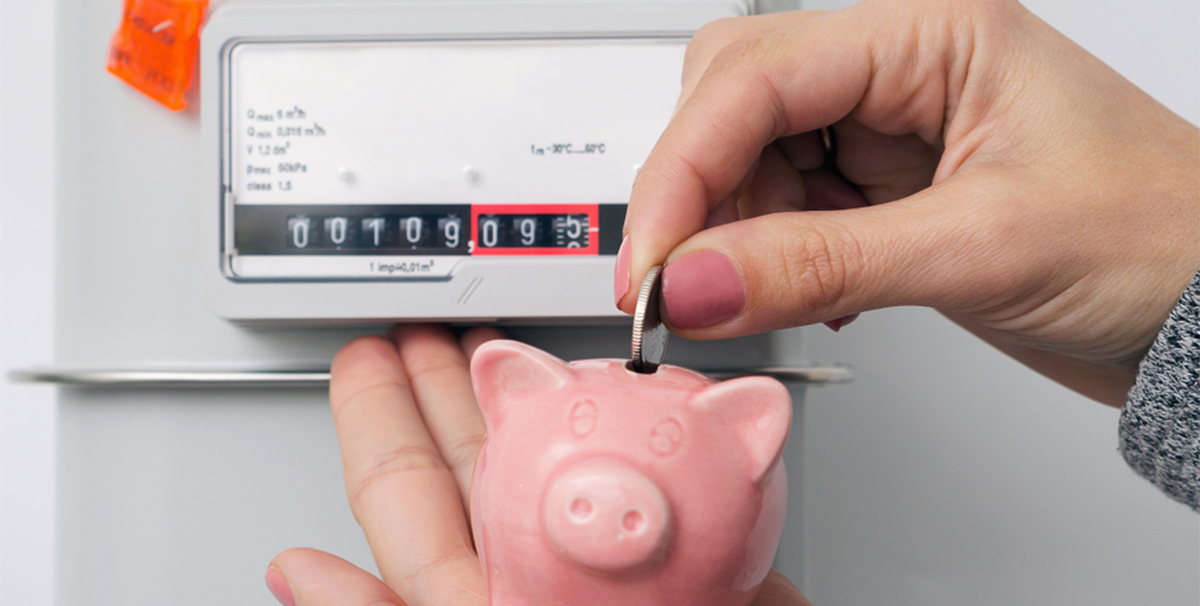How to Manage Money for Beginners on a Low Income


Managing money can be messy and somehow always ends up in places it shouldn't be. And when you're dealing with a low income, it’s even harder. Budgeting sounds like a luxury, saving feels impossible, and the word “invest” might as well be in another language.
But here’s something nobody tells you often enough: You don’t have to be rich to manage your money well. In fact, the less you make, the more important it is to get intentional about how you handle it. And yes, it is possible.
So, if you’re tired of the financial chaos and you just want a clear guide to help you breathe a little easier when money is tight, let me give you money management tips for beginners which require no math degree to figure things out.
Why Managing Money Matters (Especially When You Don’t Have Much)
Look, when you’re making just enough to cover bills, it’s easy to think, “What’s the point?” You feel like you’re running in circles, and budgeting seems like a cute idea for people who can actually choose between sushi and steak for dinner.
But the truth is, money management isn’t about having more money; it’s about getting more control over what you do have. It’s the difference between your money disappearing into the void and you telling it where to go. Even if you’re starting with $50 left at the end of the month, that’s your starting point. Not your limit.
Here are some real, doable money management tips for beginners that anyone can follow, whether you’re working a minimum-wage job, freelancing, or just trying to stretch every dollar till payday.
This part sounds boring. It's one of those things people say they do, but never actually do. But it’s the foundation. Without it, you’re basically driving blind.
So for the next 30 days, track every single dollar. That’s it.
Buy a coffee? Write it down. Pay rent? Write it down. Accidentally blow $16 on Uber Eats when you swore you were going to cook? Write. It. Down.
You can do this in a notebook, a note-taking app, a spreadsheet, or one of those budgeting apps like Mint or Goodbudget. Doesn’t matter. Just make it something you’ll actually stick to.
Budgeting doesn’t mean skipping the fun. It just means your fun has a limit. The trick is to build a budget that reflects your actual life, not some Pinterest-perfect fantasy where you meal prep quinoa and never buy coffee again.
Start with the basics:
Utilities
Groceries
Rent or mortgage
Transportation
Debt payments
A little bit for fun (yes, this matters)
Then figure out what’s left. If it’s nothing, that’s okay. You’re just getting clarity right now. That alone is progress.
Some people use the 50/30/20 rule (needs, wants, savings), but if you’re low-income, that might feel laughable. So adjust it. Maybe your budget looks more like 80/15/5, and that’s fine. Just make sure every dollar has a job, even if that job is “sit in savings for emergencies.”
This is where you start plugging the holes in your boat. Take a look at your spending and ask, “Do I actually need this?” Not in a judgmental way. Just with curiosity. Maybe it’s a subscription you forgot about. Maybe it’s takeout that snuck in three times last week. Maybe you’re overpaying for your phone plan. All of these are tiny leaks that slowly sink the ship.
Try this challenge: Cut one unnecessary expense for 30 days. Just one. It gives you a little control back. And hey, you don’t have to give up everything. If Netflix is your only joy after a 10-hour shift, keep Netflix. Just maybe skip the third bubble tea of the week.
I get it. Saving sounds wild when you're barely covering rent. But it’s about building the habit. Start with five bucks. Seriously. Just five. If that’s all you can do, do that. Stick it in a jar, a savings account, wherever. Train your brain to set something aside. That way, when life throws a flat tire or surprise bill your way (and it will), you’re not completely knocked over.
Some banks and apps let you automate this, so a small amount goes straight to savings when you get paid. Kind of like taxes, but way more helpful.
Debt is that annoying friend who overstays their welcome and eats your food. But ignoring it isn’t a solution. Start by listing all your debts. Doesn’t matter how scary it looks. You can’t fight what you don’t face.
Note:
Who you owe
How much
Minimum payment
Interest rate
Now choose your attack strategy. There are two popular ones:
Snowball Method: Pay off the smallest debt first. Gives you quick wins.
Avalanche Method: Pay off the one with the highest interest rate first. Saves you more money long-term.
Pick the one that motivates you more. Progress matters more than perfection.
Also, don’t be afraid to call creditors and ask about payment plans or lower rates. You’d be surprised how many are open to working with you, especially if you’re proactive.
This isn’t the part where I tell you to hustle 24/7. But if there’s a way to bring in just a bit more, it can make budgeting way less painful.
Some low-effort ideas:
Sell stuff you don’t use (Facebook Marketplace is your friend)
Babysit, dog walk, tutor
Do small gigs on Fiverr or TaskRabbit
Use coupons when shopping
Ask around in your neighbourhood if someone always needs help with something
Also, look into free courses or programs that teach you a skill you can monetize. YouTube has a goldmine of tutorials, and your local library might even offer free classes.
You don’t need to aim for a six-month emergency fund right now. That’s overwhelming.
Set micro-goals like:
“I want to save $100 in 2 months”
“I want to cut $25 from my grocery bill”
“I want to pay off one credit card this year”
And when you hit one? Celebrate it.
Not with a shopping spree, but with something that makes you feel good. A treat. A movie night. A nap. Whatever. Just take a second to appreciate that you’re doing something most people never even try.
Let’s just put it out there. You’re going to mess up sometimes. You’re going to overspend. You’ll forget to track a few things. You might ditch your budget for a month and pretend it never existed.
Here are a few traps to avoid:
Thinking small savings don’t matter. They do.
Trying to copy someone else’s lifestyle or budget. Your life is your own.
Giving up after a bad money week. One mistake doesn’t cancel out 20 good decisions.
Avoiding the numbers because they’re “too depressing”. Knowing your reality gives you power.
Managing money isn’t about being perfect. It’s not about having it all figured out. It’s not about shaming yourself because you didn’t learn this stuff in school, or your parents didn’t teach you. It’s about not letting your bank balance define your worth or your future. You don’t need a six-figure salary to feel in control. You just need to start. And now you have. Start tracking your spending today. Pick one small goal. Choose one expense to cut. Set a reminder to look at your budget once a week.
Whatever you do, just take the first step.

Hey, I’m a writer, money-saver, and fan of all things budget-friendly. I’m here to make saving money feel less like a chore and more like a lifestyle that actually works. I share practical tips, smart tricks, helpful coupons, and real-life hacks to help you spend smarter, stress less, and still enjoy the little things.









































